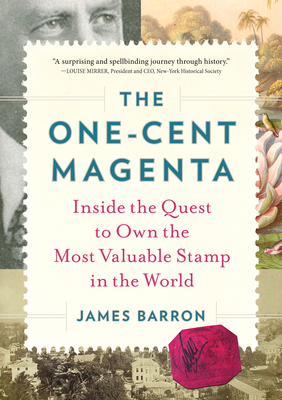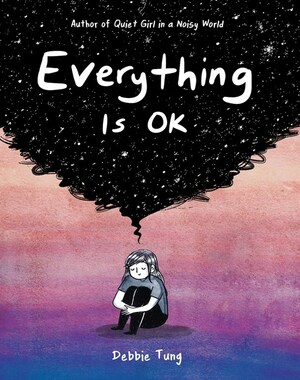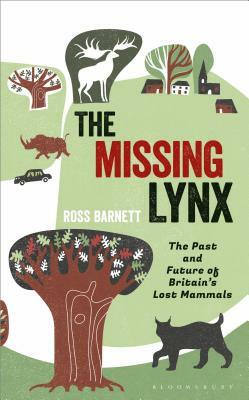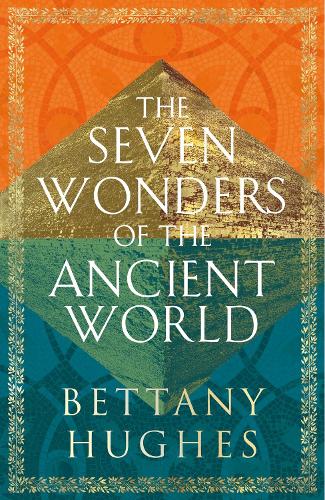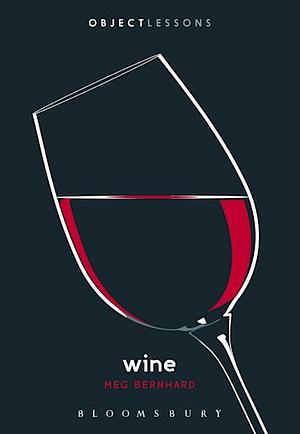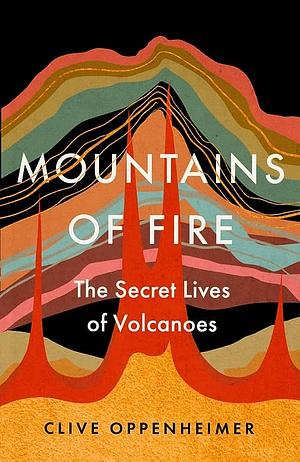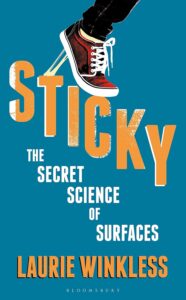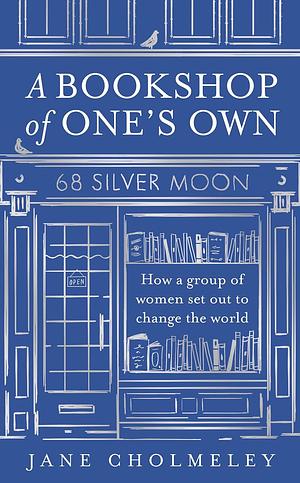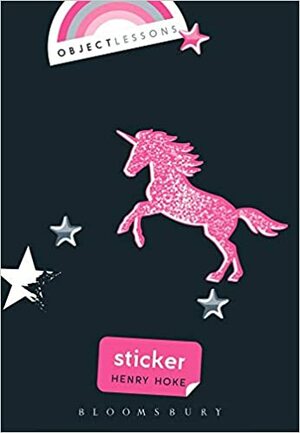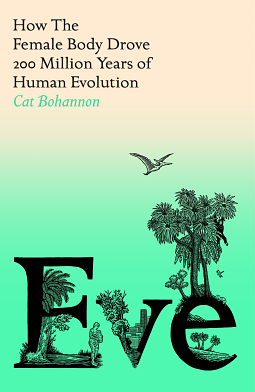
Eve: How The Female Body Drove 200 Million Years of Human Evolution
by Cat Bohannon
Genres: Non-fiction, SciencePages: 621
Rating:

Synopsis:How did wet nurses drive civilization? Are women always the weaker sex? Is sexism useful for evolution? And are our bodies at war with our babies?
In Eve, Cat Bohannon answers questions scientists should have been addressing for decades. With boundless curiosity and sharp wit, she covers the past 200 million years to explain the specific science behind the development of the female sex. Eve is not only a sweeping revision of human history, it's an urgent and necessary corrective for a world that has focused primarily on the male body for far too long. Bohannon's findings, including everything from the way C-sections in the industrialized world are rearranging women's pelvic shape to the surprising similarities between pus and breast milk, will completely change what you think you know about evolution and why Homo sapiens have become such a successful and dominant species, from tool use to city building to the development of language.
I received a copy of this book for free in exchange for an honest review. This does not affect my opinion of the book or the content of my review.
It would be easy for a book like Cat Bohannon’s Eve: How The Female Body Drove 200 Million Years of Human Evolution to get all gender essentialist about things, and I was completely braced for it. I also wouldn’t have been surprised if the book just ignored the existence of trans people, since how we currently understand and perceive gender variance is often quite divorced from stuff that might be obviously related to evolution.
So I’m going to say up front that it doesn’t go in that direction, and Bohannon mentions trans people and trans bodies where relevant, often with the caveat that (unfortunately) we don’t have the same volumes of data to go on, and in some cases studies just haven’t been done. The book does focus on sex rather than gender, mostly (there’s some stuff about stereotype threat that’s more gendery), but transness is mentioned where appropriate.
It’s a chonky book, and there are a lot of footnotes, sometimes multiple per page; at times, that makes it a bit too dense and overwhelming. Each aside takes you away from the main point of the narrative, and ultimately I found it rather distracting, even where the footnotes were useful or interesting. Sometimes it kind of had the effect of a student trying to show you they know a lot about a topic by inserting an only slightly relevant footnote on the topic (I’ve never done that, I swear); sometimes it just felt like a digression.
Regardless, I really enjoyed it, even if the organisation felt a little overwhelming at times. It focuses on the ways evolution had to work on female bodies: pregnancy and lactation, the implications of pair-bonding for offspring, behaviours that needed to go with the physical changes, etc. It isn’t my exact area of interest, so it’s hard to evaluate some of the claims: evolution must’ve acted on male bodies too, but sometimes it seems like there’s not much left that can be about the males of the species, based on this! But it’s interesting, and Bohannon writes very clearly about a whole range of topics.
Rating: 4/5

